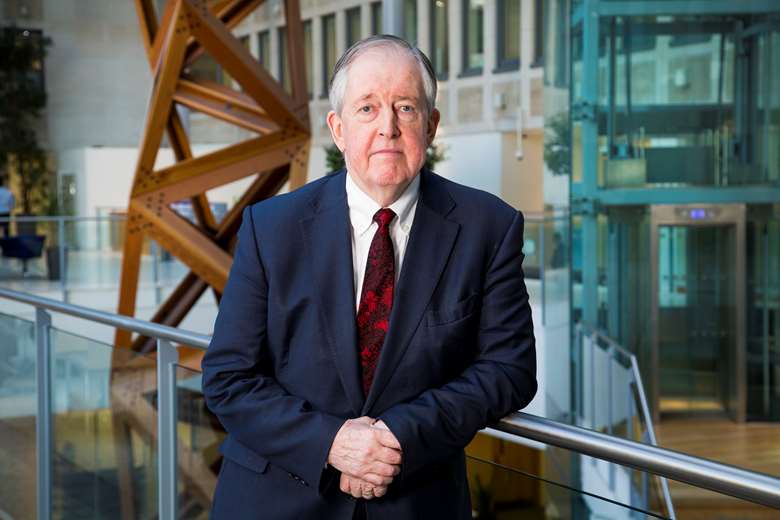YJB chair Lord McNally backs age of criminality review
Neil Puffett
Thursday, April 17, 2014
The chair of the Youth Justice Board has added his voice to growing calls for a rethink on the age of criminal responsibility in England and Wales.

Speaking to CYP Now, Lib Dem peer Lord McNally, a former justice minister who took over as chair of the YJB last month, revealed that he is in favour of a review of the age that children become criminally responsible for their actions.
Asked if he would support a review of the age of criminal responsibility in England and Wales, McNally said: "This is a personal opinion - yes, I would".
Children in England and Wales can currently be charged for criminal offences from the age of 10 – the youngest age within the European Union.
The existing level has drawn criticism from pressure groups, MPs and the United Nations, but the government has consistently refused to consider raising it.
Lord McNally, who only quit the government in December, said it is “worth looking at” the example of Scotland – where the minimum age for prosecution was raised to 12 from eight in March 2011.
He also wants the Scottish legal system – which deals with youth crime through relatively informal children’s panels, rather than youth courts – to be examined.
McNally pointed to the fact that there are currently no 10- or 11-year-olds in youth custody in England and Wales as evidence that the age group is already successfully diverted from the criminal justice system.
“The argument has always been that by having 10 as the age of criminal responsibility the state is able, and authorities are able, to intervene decisively with young people where the offence is extremely severe in a way that is constructive to rehabilitation,” he said.
“The fact is that the whole emphasis of the way we have applied the criminal justice system [in recent years] has been to divert young people away from the system.”
Calls to increase the age of criminal responsibility remain controversial, largely as a result of heated debate surrounding cases such as the murder of toddler James Bulger in 1993 by Jon Venables and Robert Thompson, then both aged 10.
McNally said: “One of the things that is a problem in having a rational discussion is sadly the Bulger case.”
“I’m quite sure what makes the politicians nervous is that The Sun will immediately say that James Bulger’s killers would have escaped justice – which is not true.
“They would have been treated in a different kind of way, but they would not have got away with it.”
McNally’s stance on the age of criminal responsibility mirrors official Lib Dem party policy.
In 2011 the party agreed that children under 14 should be kept out of the criminal courts and be dealt with by panels of experts instead.
In 2012, an open letter signed by more than 50 experts and organisations including the National Children’s Bureau, the Children’s Society and Action for Children, urged the government to review the age of criminal responsibility, but no action was taken.
In January this year, another Lib Dem peer, Lord Dholakia, introduced a private member's bill in parliament that would raise the age of criminal responsibility from 10 to 12.
* The full interview with Lord McNally will be published in CYP Now and online on 29 April.




